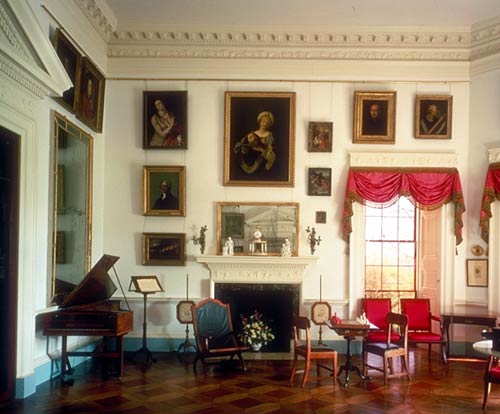The Social Cooperative: Budarin
It is my proposition that when the individual engages in a Social Contract with other individuals, what they form is a “Social Cooperative”. That is to say, their individual “Social Contracts” add up to create a “Social Cooperative”, in which each member is an employee-shareholder. The smallest social cooperative is the family. The largest social cooperative is the State.
What does a Social Cooperative produce? The whole purpose of combination into a Social Cooperative is to produce certain benefits for the employee-shareholders. It is up to the individual members, as employee-shareholders, to define what those expected benefits will be.
Though it can take a variety of forms, the State as a social cooperative is generally expected by its citizens to function as a not-for-profit public service cooperative. The benefits expected by the citizens include, at a minimum, physical and economic security. If it cannot provide these, the existing Social Cooperative will be dissolved, one way or another.
As discussed in an earlier post, the “Founding Fathers” of the USA wrote down, in effect, the expected benefits of the social cooperative they were creating. According to the Declaration of Independence, the new State would be expected to secure for its citizens their rights to life, liberty and pursuit of happiness. I believe it follows logically that the national government of the USA would be expected to produce benefits in the forms of policies and programs relating to such things as public health, public education, civil rights, environmental protection and labor laws. These would be benefits which would secure the rights described by the Founders.
In future posts I will explore further the implications of this metaphor.




0 Comments:
Post a Comment
<< Home